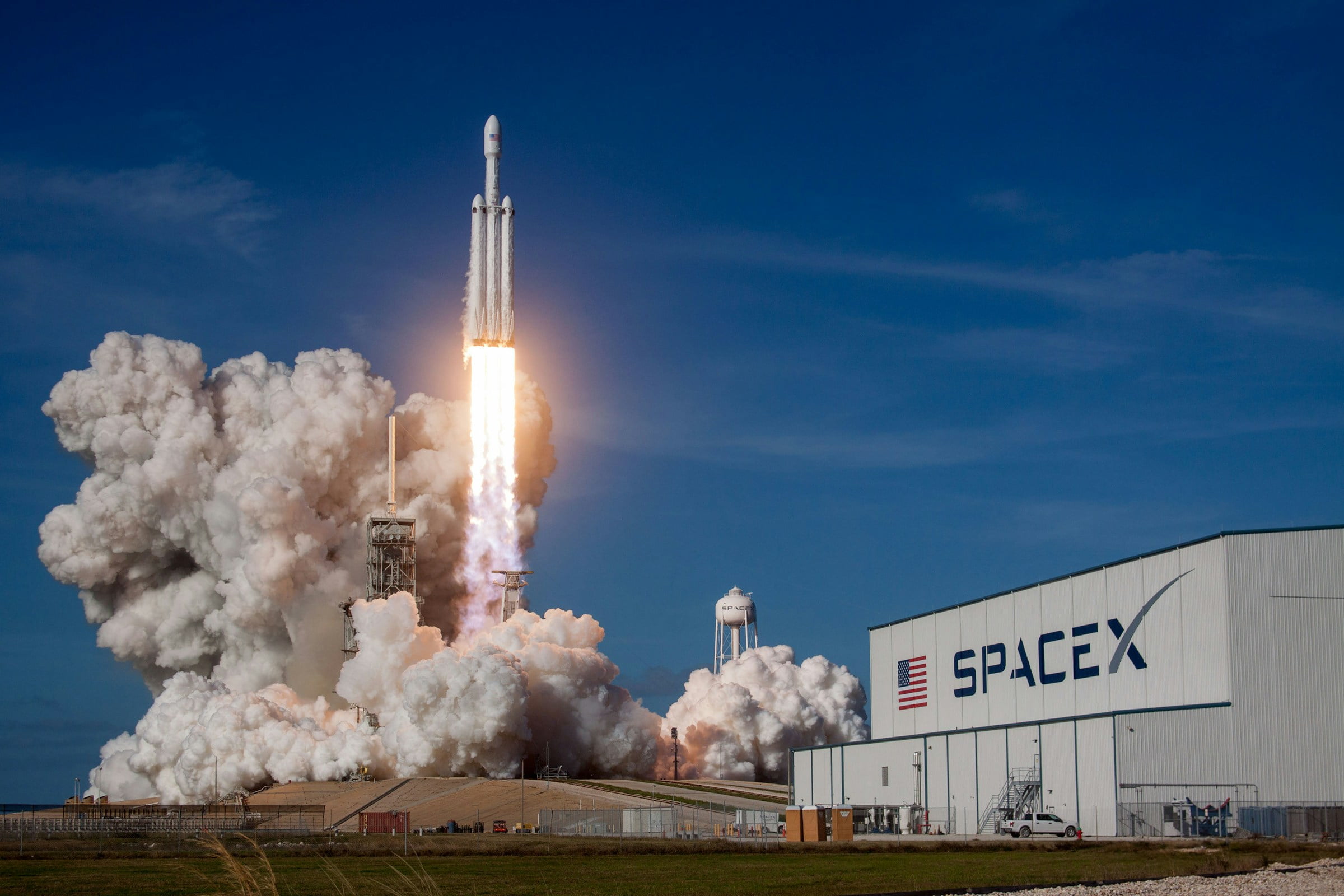An increasing number of organizations are claiming landfill-free (or zero waste to landfill) status or establishing goals to get there. Many are taking the extra step of verifying their claim with an independent third party. Why is verification valuable when so many others just issue a press release to claim landfill-free status? For the same reason organizations get certified by a trusted third party to other reputable standards: to make their claims credible. Landfill-free verification from NSF International allows companies to be fully transparent about their waste reduction efforts, which leads to greater credibility in the marketplace, improved supply chain recognition, increased efficiencies, and potential cost savings.
A 2016 report on annual landfill and incineration in Michigan stated if all these materials were recovered and sold to the market it would have an estimated economic impact of up to $399 million per year1. The NSF International Landfill-Free Guideline provides organizations with clear-cut criteria to help them achieve their waste-related sustainability goals and support their claims. Landfill-free status allows organizations to realize value from their refuse.
West Liberty Foods is a food manufacturer with all five of their facilities landfill-free verified by NSF International. They use ideas from employees who are thoroughly engaged in the landfill-free program. They developed a process for cleaning plastic packaging from purchased meats so it can be recycled instead of representing a significant source of company waste. With their efforts, West Liberty Foods has diverted more than 55,000 tons of waste from landfills.
At SunPower, solar technology and energy services provider, their Mexicali facility employees were intensive and no industrial composting facilities were nearby. So SunPower invested in an industrial compost machine, turning 200 pounds of food scraps into compost in half a day. That nutrient-rich compost is used in a greenhouse providing fresh produce for the 1,300 employees on site. SunPower’s composting initiative is just one of the innovative solutions that has helped them achieve landfill-free status. stumped with how to handle food waste from their cafeteria. Manual composting onsite was labor
Major beverage producer MillerCoors, began their drive to landfill-free operations in 2009, when the company set a goal to reduce brewery waste by 15 percent by 2015. Eight MillerCoors North American breweries achieved NSF landfill-free verification in 2016, and the company has plans for landfill-free verification at all U.S.-based manufacturing sites by 2020. Since waste reduction efforts began, MillerCoors has reduced their waste across the organization by 89 percent, equal to keeping more than 9 million pounds of waste out of local landfills.
For each of these organizations, the transparency and credibility of having their landfill-free claim verified by NSF International was a critical part of announcing their achievements to the public.
To find out more about NSF International landfill-free verification services’ email [email protected].
1 Economic Impact Potential And Characterization Of Municipal Solid Waste In Michigan 2016












